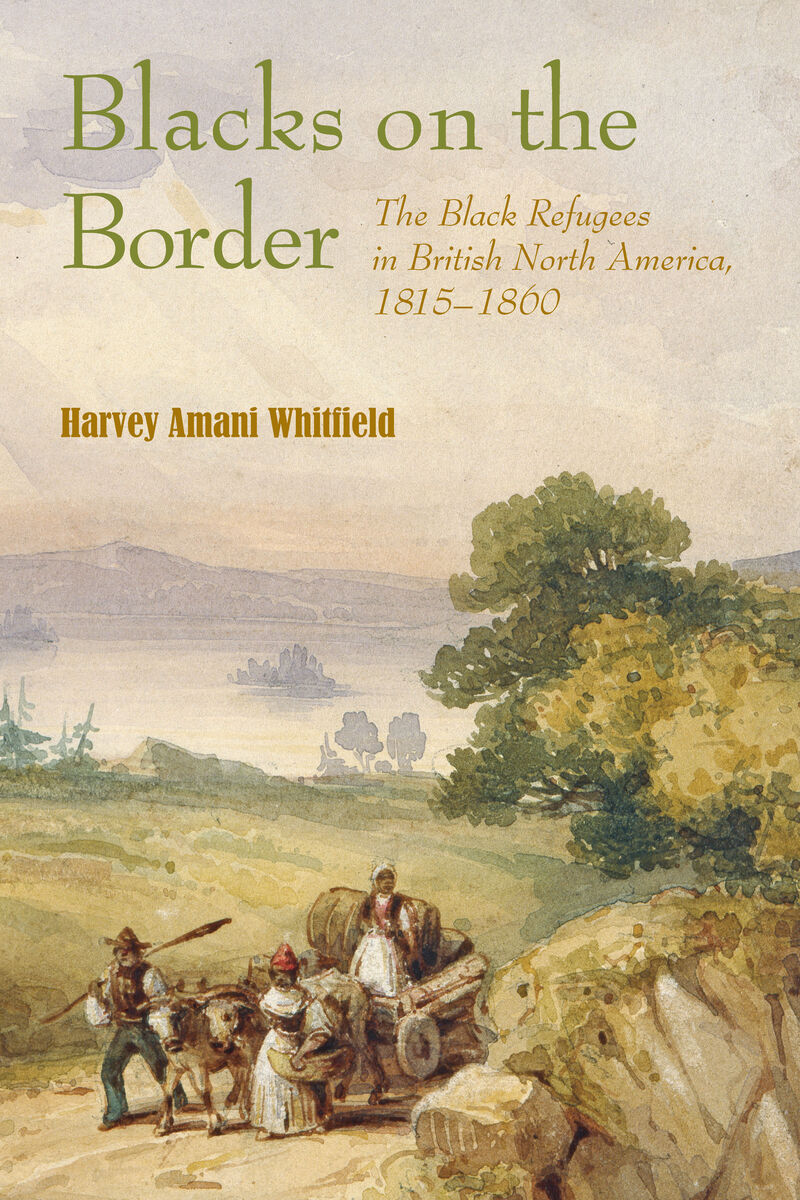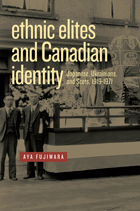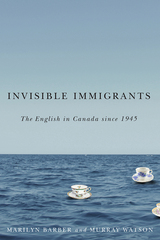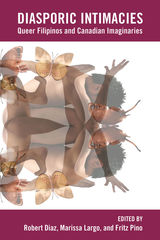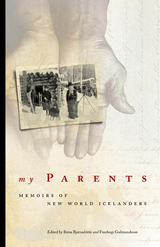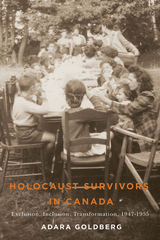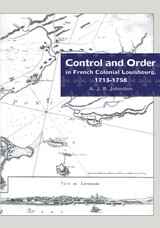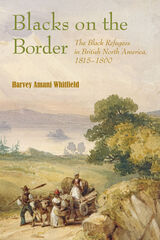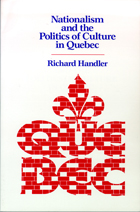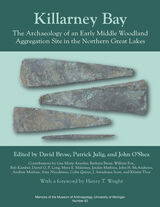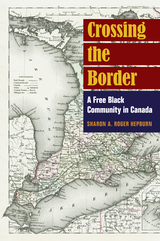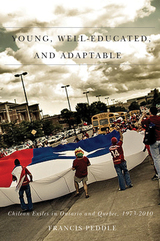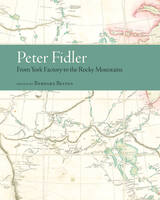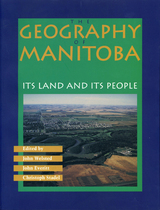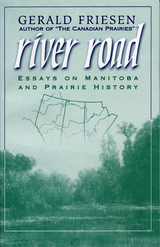Blacks on the Border: The Black Refugees in British North America, 1815–1860
University Press of New England, 2006
eISBN: 978-1-68458-144-3 | Paper: 978-1-58465-606-7
Library of Congress Classification F1040.N3W47 2006
Dewey Decimal Classification 971.60496073
eISBN: 978-1-68458-144-3 | Paper: 978-1-58465-606-7
Library of Congress Classification F1040.N3W47 2006
Dewey Decimal Classification 971.60496073
ABOUT THIS BOOK | AUTHOR BIOGRAPHY | REVIEWS | TOC
ABOUT THIS BOOK
Following the American Revolution, free black communities and enslaved African Americans increasingly struggled to reconcile their African heritage with their American home. This struggle resulted in tens of thousands of African Americans seeking new homes in areas as diverse as Haiti and Nova Scotia. Black refugees arrived in Nova Scotia after the War of 1812 with little in common but their desire for freedom. By 1860, they had formed families, communities, and traditions. Harvey Amani Whitfield’s study reconstructs the lives and history of a sizeable but neglected group of African Americans by placing their history within the framework of free black communities in New England and Nova Scotia during the nineteenth century. It examines which aspects of American and African American culture black expatriates used or discarded in an area that forced them to negotiate the overlapping worlds of Great Britain, the United States, Afro–New England, and the African American Diaspora, while considering how former American slaves understood freedom long before the Civil War.
See other books on: Blacks | Enslaved persons | Migrations | Refugees | Slaves
See other titles from University Press of New England
